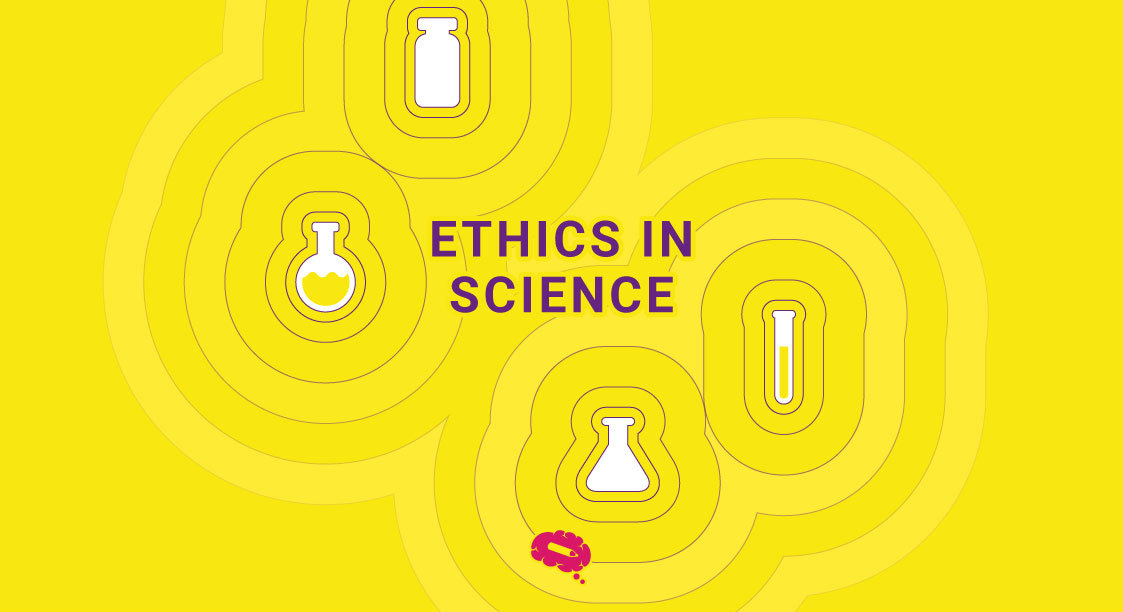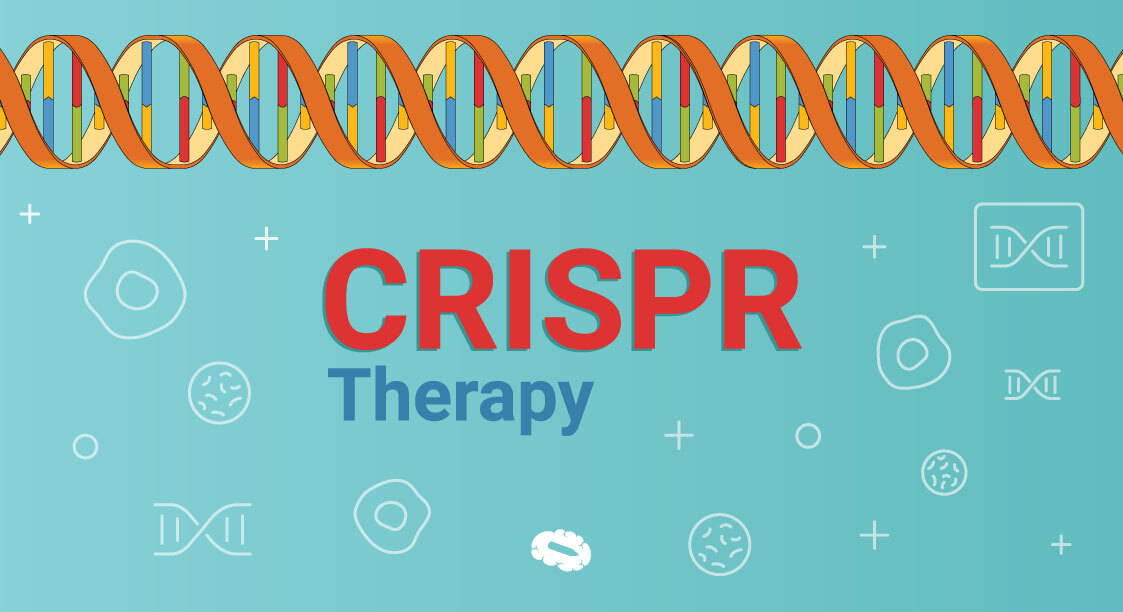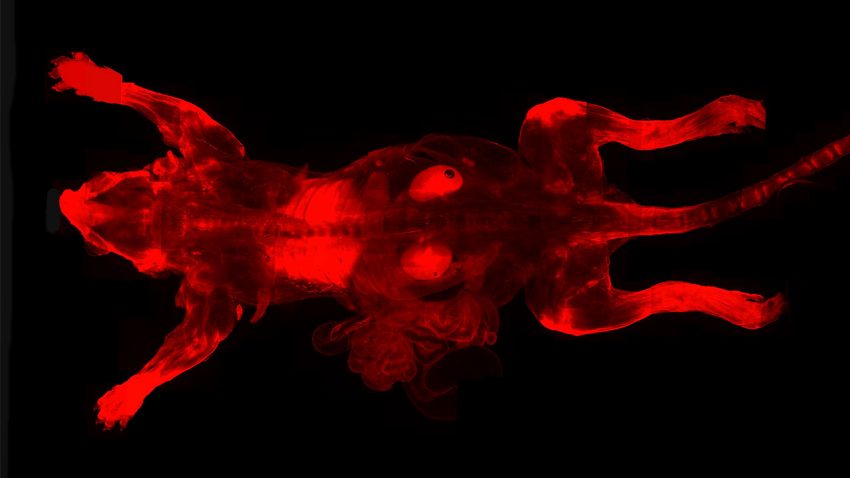For as long as science has been practiced, the field of ethics has played a significant role in its development and regulation. As important as new discoveries such as technological breakthroughs, cures, and practices have been for the progress of humankind, it is equally vital to consider the ethical implications that such discoveries can have on society.
Without ethics, science struggles to have any grounding in truth because malpractices such as data falsification and misconduct can lead to just as convincing results as work that is done honestly.
Historical Perspective
Early Instances Of Ethical Considerations In Science
Throughout history, the scientific community’s notion of proper ethical practices has been revised and adjusted countless times in order to keep up with the pace of scientific research and ensure that science is being held to the highest standard.
Even as far back as the days of famous ancient figures such as Aristotle, philosophers were laying the foundations for the scientific method and how science should be practiced. However, it was not until millennia later in 1948, that the Nuremberg Code, the first international document to call for informed consent by participants in a study, was published.
Critical Junctures That Shaped The Discourse
Often cited as one of the most egregious breaches of ethics in science, the Tuskegee syphilis study which began in 1932, brought attention to the need for safe and just procedures in medical studies. During the experiment, researchers sought to understand the effects of syphilis but did not provide treatments such as penicillin to participants, even when it became readily available. Since then, several laws and organizations such as Institutional Review Boards (IRBs) have been established to oversee all research being conducted with human subjects.
However, the boundaries of ethics in science extend well beyond the confines of human clinical trials. In fact, during World War II, physicists working as part of the Manhattan Project grappled with the ethical quandaries of designing the atomic bomb given the social, environmental, and humanitarian risks that came associated with it.
Key Ethical Principles In Science
Respect For Autonomy
One of the primary ways ethics in science have evolved over time is in its growing respect for the autonomy of study participants. Nowadays, any experimentation involving humans requires informing participants of the contents and aims of the study prior to any testing.
Additionally, test subjects must voluntarily offer their time to the study rather than being coerced into cooperating and must be provided with all necessary documentation.
Beneficence And Non-Maleficence
Certainly, science aims to prioritize beneficence in research as well. Put simply, this means that whenever engaging in any research, scientists should perform their studies in such a way that does the most good. This requires finding a balance between pursuing research that benefits participants or society the most and minimizing the amount of damage or harm done.
Clinical trials that test the efficacy of new medications or medical devices are particularly familiar with these challenges because unintended side effects can have severe consequences.
Justice
Among the most important facets of ethics in science is ensuring that all practices are equitable. Whether it be in hiring practices, working with colleagues, collecting data, or selecting test subjects, researchers should strive to foster an environment that is free from prejudice or bias. By valuing diversity, equity, and inclusion, scientists can gather a wide variety of perspectives which can lead to more generalizable results.
However, justice can manifest in many other ways that align with proper ethics. For instance, those who make significant discoveries should be properly accredited regardless of their gender or racial background.
Contemporary Challenges And Controversies
Genetic Engineering And CRISPR Technology
As modern advances in medicine such as gene editing have come along, new concerns in bioethics have also come to light. In 2018, Chinese scientist, He Jiankui utilized CRISPR technology to edit human embryos which went against much of the advice he had been given and the wishes of the scientific community.
He was also involved in the forgery of ethical review documents that enabled him to proceed with his work. As a result of his deceitful actions, He was both fined and received prison time.
Importantly, his work propelled two major ethical questions into the spotlight:
- Should gene editing technologies be used on the human genome?
- Can genetic engineering be used in an ethical manner?
In the wake of the He Jiankui case, many countries around the world have adopted new legislative reforms. Moreover, CRISPR usage for genetic diseases has been closely monitored and is limited to specific clinical cases.
However, the possibility of “CRISPR babies” and whether such life-altering technology should be used at an early developmental stage at all, is still a widely debated topic.
Artificial Intelligence And Machine Learning
Artificial Intelligence (AI) and Machine Learning (ML) are some of the most powerful tools that the fields of Statistics and Data Science have given rise to. Alone, they can revolutionize science by processing enormous quantities of data and informing scientists as to how to analyze data, further experiment, and communicate ideas among many other facets of science. Nevertheless, AI/ML pose some fundamental ethical obstacles.
In particular, AI/ML platforms are fueled by the data they are provided. If biased raw data is fed into an AI, biased outputs are likely to result, leading scientists to form incorrect conclusions about demographics, organisms, or processes that they are studying.
Although the ability to process large data sets can be enticing, scientists also need to be careful to avoid infringing on others’ privacy. Any and all data used by an AI/ML platform should be collected ethically where members of a study are aware of how their information is being processed.
Climate Change And Environmental Ethics
As global warming concerns continue to amplify, research in the environmental sciences has seen a tremendous growth in recent years. Nevertheless, as with any research discipline, scientists involved with environmental studies have an ethical obligation to minimize the damage they cause. This has led to a major dilemma emerging within this academic community as the costs of hosting international symposia, which may help further existing research, must be balanced with the environmental costs of traveling to necessary destinations.
Similarly, as important as understanding the inner workings of natural ecosystems may be, manipulating habitats with the potential for loss of biodiversity can be a very challenging ethical decision to make.
The Role Of Peer Review And Institutional Oversight
Ensuring Ethical Standards In Research
Academic institutions, journals, and peer scientists play a critical role in preserving ethics in the sciences. They ensure that any work being presented is scientifically sound because they provide a third-party perspective without any direct affiliation to the research, while also possessing the necessary knowledge to assess credibility.
Such institutions also act as a filter for quality research by rejecting and flagging questionable scientific work, thereby ensuring that accurate information is disseminated to fellow scientists and the general public when presentations, articles, and papers are published.
Ethical Dilemmas In International Collaborations
Cultural Differences And Ethical Norms
Collaboration is a crucial aspect of science, however, the barriers that international research efforts can pose are often difficult to navigate. In an environment where individuals may share cultural differences and language barriers may exist, scientists should ensure that all parties have an equal platform to voice their findings and provide their perspectives.
When scientific collaboration is organized in an equitable way, the sharing of resources and data can occur in a manner that leads to productive scientific discourse.
Open Science
Certainly, complete transparency in science across the globe is difficult to achieve given researchers’ obligations to funding organizations and their academic institutions. However, by promoting a culture of open science, scientific research has the potential to progress at an unprecedented rate.
Use Scientifically-Accurate Visuals To Communicate Your Findings
Mind the Graph offers the largest scientifically-accurate illustrations library in the world. Search among over 75,000 options in more than 80 study fields and communicate your findings with maximum accuracy. Mind the Graph is an online tool that you can easily build infographics, graphical abstracts, posters, and more from anywhere. Sign up for free and start creating now.

Subscribe to our newsletter
Exclusive high quality content about effective visual
communication in science.






